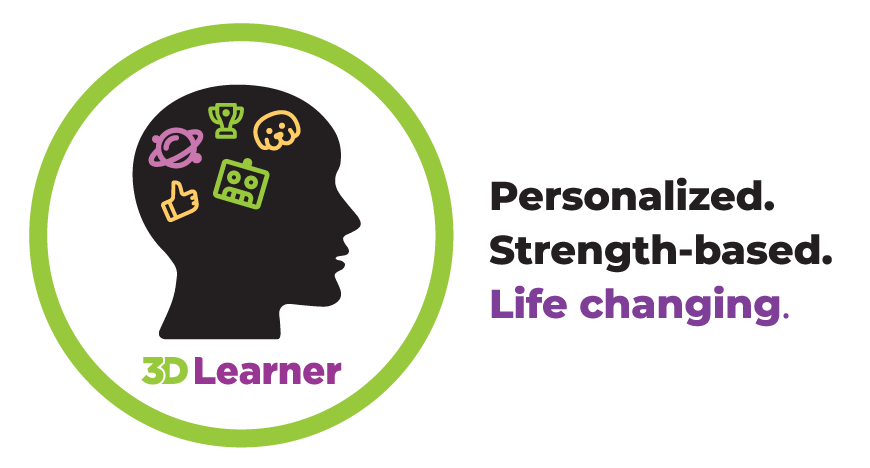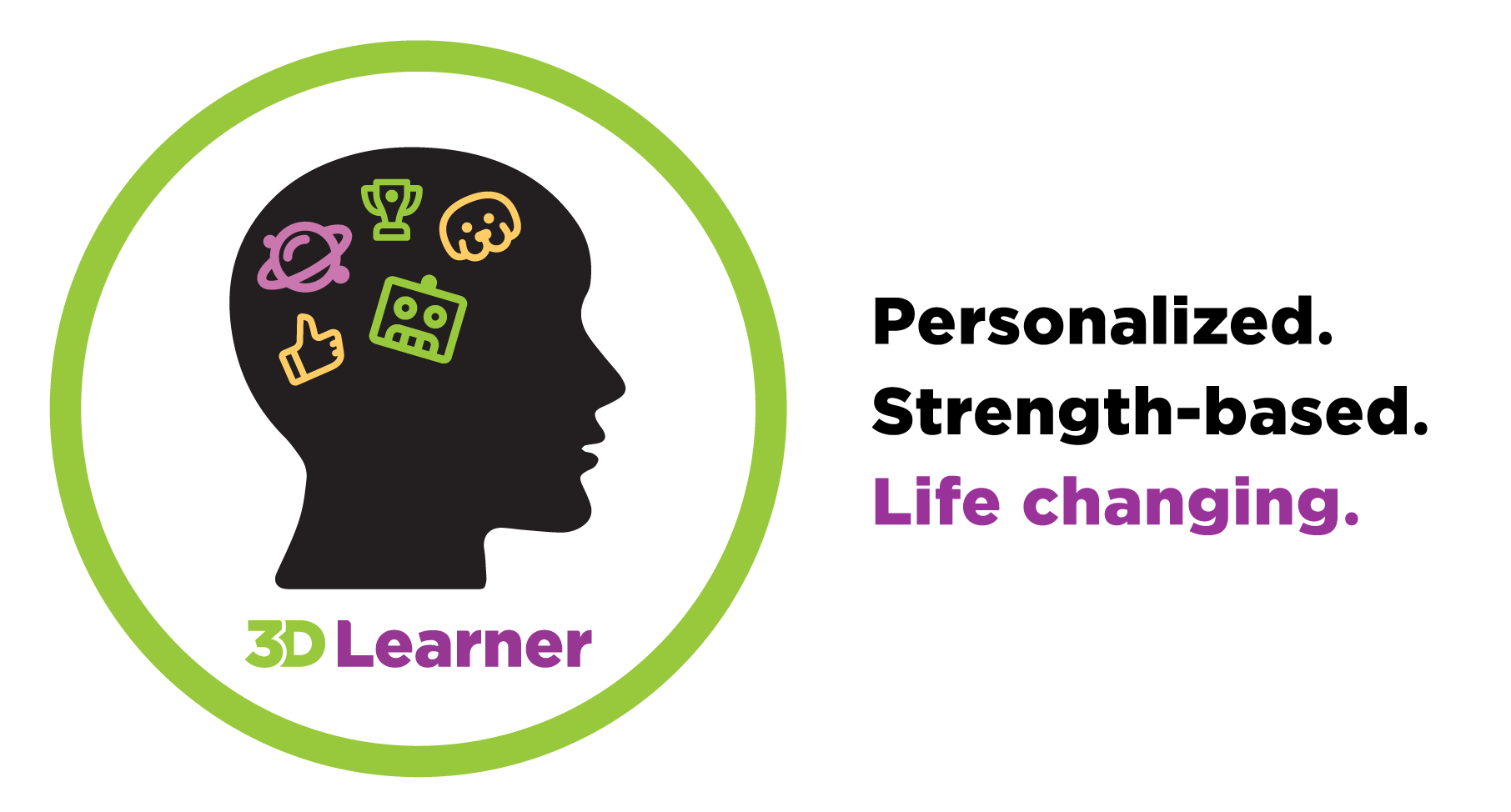Even for a bright right brain neurodivergent learner, math anxiety and problems with math word problems can significantly impact a student. This may start in 3rd or 4th grade, when math shifts from arithmetic to math word problems. It escalates again when one gets to Algebra, which is often very difficult for the right brain neurodivergent learner. Algebra is often taught in a logical sequential and auditory way, that does not make sense to these kids. For the right brain neurodivergent learner, the new SAT is even harder. The questions are written to trick the student, and our students often find it difficult to understand the question and even harder to solve them.
We define a right brain neurodivergent learner as a student who learns best when they see and experience information. If you are not sure if your child is one, we recommend you download our “Is my child a right brain neurodivergent learner screening tool and answer the questions with your child’s input. Their answers may surprise you.
In this recent article from the Saturday Evening Post on Math Wars and Math Anxiety, the author shares the ongoing debate on whether timed tests cause math anxiety. We know it does, for three reasons:
1- Using a program called HeartMath ®, we have asked our students how they feel about an upcoming Algebra Test or the Math SAT. In a number of cases, we have seen their heart rates spike from 70 to 90 beats per minute to 130 and even 145 beats per minute. There were no questions in front of them but the sheer mention of the test generated anxiety.
2- Our students often cannot finish the test in the allotted time
3- Students report being very anxious about finishing the test, and when they get extra time, their anxiety goes down and their results go up.
The Parents Role with Math for the Right Brain Neurodivergent Learner
We have had students who have been to 5, 10 and in one case 17 other tutors for math. Often with minimal progress. The biggest challenge is that most math tutors are good in math but do not necessarily understand the key issues impacting a right brain neurodivergent learner, that often struggles with:
- Understanding the key words used in math problems (e.g. greater than, less than etc.) that do not generate a picture like knife, fork, car.
- Understanding the specific questions that are asked
- Sequencing. They often do not understand what sequence should be used to solve the problem
- With visual confusion. Especially if there are too many problems on a page
- Not identifying minus and division signs. They often drive by them, like people who ignore stop signs
- How they write out their answers. Too often they do not line up their work in a way that makes it easy to combine numbers or terms
- With even putting their work on paper. Arithmetic was easy for some and they refuse to show their work
- With the concept of checking their work
- To tell a teacher or tutor when they do not understand what is going on
- A weak foundation. So many students missed the basics of arithmetic or the discipline of solving math word problems and each year the work assumes a student mastered the work from the prior year.
- Teachers who are logical, sequential and auditory and do not teach the way a right brain kinesthetic learner learns best
- Anxiety, which often gets worse as the work gets harder and the stakes increase.
There are two groups of right brain neurodivergent learners we see:
- Those who really struggle with math
- Those who are doing OK, but could excel with the right help
We recommend a 5-step approach to Getting it Right in Math for your Right Brain Neurodivergent Learner
- If your child is operating well below their potential, reject the status quo and adopt the mindset that your child will do far better when you find the right help
- Identify what their present level of performance is, what their strengths are and where they are facing challenges. It is often important to understand both their reading comprehension and math issues — since so much of math now depends on reading comprehension.
- Set goals for your child. Three examples:
- One mom set the goal for her 6th grader to go from a 53 in math to an 80. In less than two months we were able to get him from a 53 to a 97 average
- One student was at the 2nd percentile in math. The goal was to get her to the 25th percentile. In a few months we were able to get her to the 47th percentile
- One student got a 560 on his SAT, which was above average, but far below his potential. We were able to get his SAT scores up to a 710
When setting goals, THINK BIG
- Find help from someone who gets your child and has a track record of successes
- Take action
Whether you have a smart struggling student and/or a right brain neurodivergent learner with significant upside potential and would like to discuss your situation, call us at 561-361-7495 or click here to schedule a conversation.





